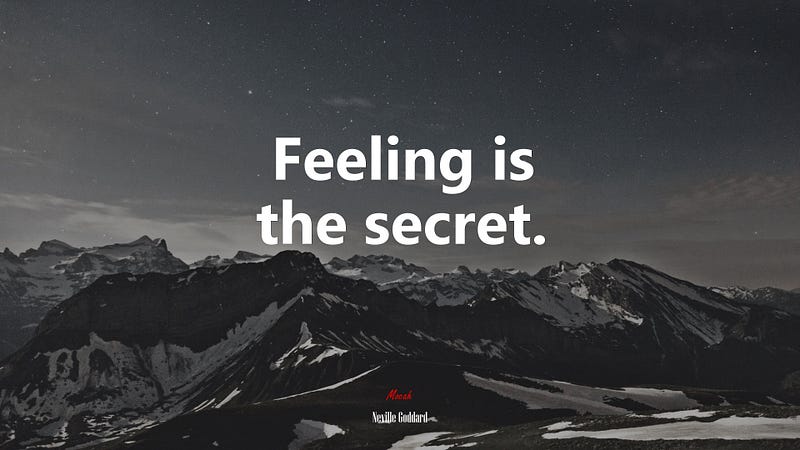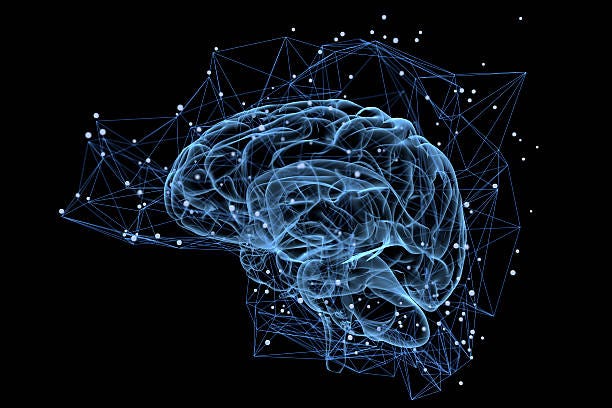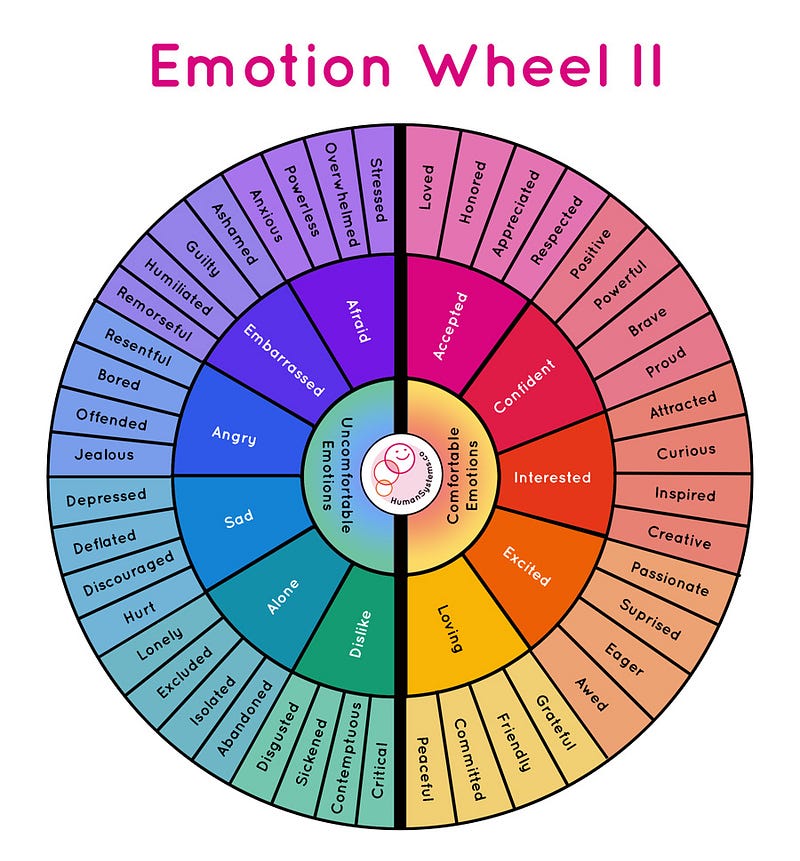Transforming Your Life Through Emotional Awareness
Written on
Chapter 1: The Power of Emotions
Take a moment to pause and reflect on your current feelings. Are you experiencing joy from a wonderful day? Boredom due to procrastination? The excitement from uncovering a new article? Or perhaps you are struggling to identify your emotions?
These inquiries are not just about gauging your mood; they are essential to understanding the significant impact of emotions on your life. What if I told you that your feelings profoundly influence your daily choices and actions? Everything you do stems from your current emotional state, which is often a persistent undercurrent throughout your day.
For instance, consider a day when you wake up refreshed after a good night’s sleep. You hit the gym and excel in your workout, feeling invigorated. This positive energy drives you to make choices that further enhance your mood – you eat healthily, socialize effortlessly, and attract others with your vibrant demeanor.
Now, think about a contrasting scenario. A hurtful comment from someone leaves you feeling low. Suddenly, you find faults in your appearance and opt for the least flattering outfit. You cancel plans, shy away from social interactions, and indulge in habits that do not serve you well. It’s as if you have stepped into a realm where you feel undesirable and unworthy.
In both scenarios, it’s still you at the core. So, what has changed? Aside from the passage of time, nothing inherently different exists. What has shifted is your external environment and, more critically, your emotional response to it. These feelings, while intense, are distinct from reality.
Now, this might be a bit challenging to grasp initially, but stay with me. What if I could guide you back to that sense of empowerment?

During my personal journey, especially through difficult times, I often found myself pondering: “How much of my pain is self-created?”
Imagine having a disagreement with someone. Even after resolving it, your mind remains preoccupied with the conflict. You may find yourself reacting negatively to others without cause, feeling emotions that seem to emerge from nowhere. Why does this happen?
Or consider when you stray from your diet. Your thoughts become fixated on numbers and scales, transforming everything around you into reminders of perceived failures. You might misinterpret a joke as a personal attack, feeling judged by every glance. However, this is merely a reflection of your own insecurities.
In these moments, the feelings can seem overwhelmingly real, yet they may simply be fabrications of your mind.
Why?
The answer lies in neuroscience.

Your brain struggles to distinguish between actual experiences and imagined ones. It seeks validation for your thoughts and releases hormones that create a vivid experience, one that feels undeniably real. This illusion is crafted by your own mind.
How to Cultivate Emotional Awareness
What does it mean to be in a state of awareness? It’s about recognizing your thoughts and feelings while understanding they are separate from your identity. It’s akin to knowing you’re the driver, not the vehicle, and that you can decide when to accelerate or slow down.
So, does this imply that you should repress negative feelings? Absolutely not.
Negative emotions deserve recognition and acknowledgment. They arrive for a reason, and it’s essential to allow them to wash over you momentarily. However, remember that these feelings are merely reactions to unpleasant experiences.
You should not base your actions on those emotions. Instead, take the time to comprehend what you're truly feeling.

The left side of the wheel above illustrates what negative emotions encompass. Experiencing negative emotions is distinct from simply acknowledging them.
How do they differ? It’s straightforward. When you view situations as “This situation causes me to feel anger,” rather than “I am so angry!” it can significantly alter your response.
Witness. Manage. Release.
If you dwell excessively on negative feelings and the circumstances that triggered them, you may fall into a cycle of rumination. (Rumination refers to the tendency to obsess over negative emotional experiences.)
It’s not the negative emotions themselves that adversely affect our well-being, but rather how we manage them and the duration for which we hold on to them. Aim to track the time you spend grappling with unpleasant feelings.
Changing Your Emotional State
To change your feelings instantaneously, recognize that everything except the present moment is a construct of your imagination.
Yes, you may have had an argument just moments ago, and it may have led to tears, but right now, nothing is occurring. In this very moment, you can revisit any state you wish to embody. You can reframe your current struggles and the rest of your day from this new perspective.
By recalling that experience now, you create boundaries for yourself, reminding yourself of your autonomy, asserting that external factors cannot dictate your emotional state. Over time, it becomes a mechanism to switch your perspective.
Is This Approach Insensitive?
When I first started this practice, I battled feelings of imposter syndrome, worried that I was merely employing a defense mechanism and dissociating from reality.
But I wasn’t. I was operating from a place of complete awareness of how situations affect everyone involved.
This approach should not be used as a means to evade reality. Acknowledge the emotions that arise and the impact they have on you and those around you. Only then can you shift your focus to prevent situations from controlling you. The key is to be an observer.
Throughout my life, I have embraced the philosophy of being an observer. However, I often absorbed the moods of others, rapidly oscillating from joy to sorrow. It was the realization that I possess the power to direct my emotional journey and choose my responses that truly transformed my life.
I was thrilled to learn that I could navigate my emotional landscape rather than being at the mercy of external influences.
Embracing Emotional Complexity
Are we advocating for the suppression of feelings? Absolutely not; that would be far more damaging than merely ruining a day. It could harm your subconscious. Each emotion serves as a signal, a message from within, highlighting something that warrants attention. To be human is to feel.
What we strive for is not to become engulfed by our emotions but to avoid acting upon them impulsively.
Ultimately, mastering your emotions is a powerful skill that can save you from regrets and poor decisions while deepening your understanding of your internal dialogue.
Learning to manage my emotions has enabled me to live a more enriched and fulfilling life, instilling a sense of genuine contentment and helping me navigate life in the present.
I believe everyone deserves this opportunity.
“Human behavior flows from emotion.”
“Never be a prisoner of your past.”
Thank you for taking the time to read this! If you found this post valuable, don’t hesitate to follow and subscribe for more insights. I would love to have you on this journey!
This realization changed everything for me. Explore how emotional awareness can shape your life.
Discover how understanding your emotions can lead to transformative change in your life.